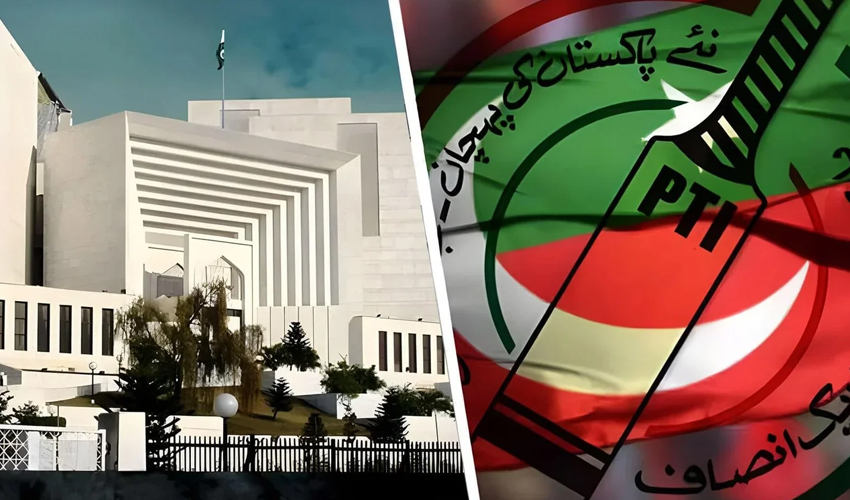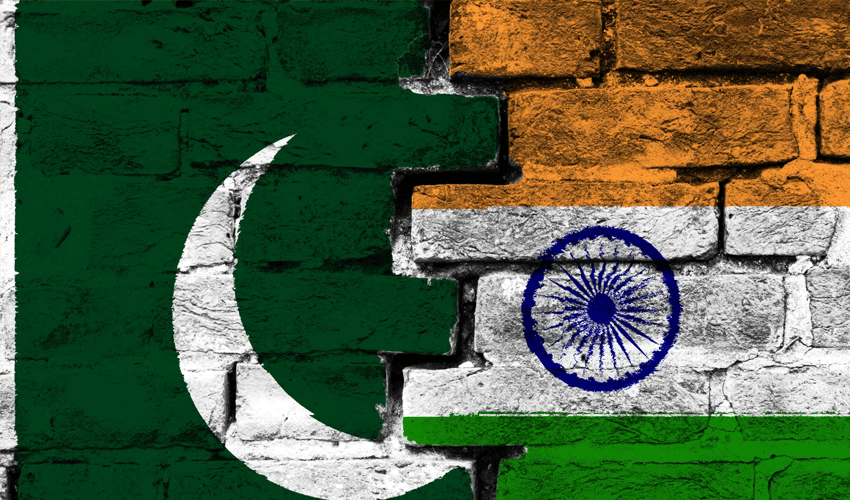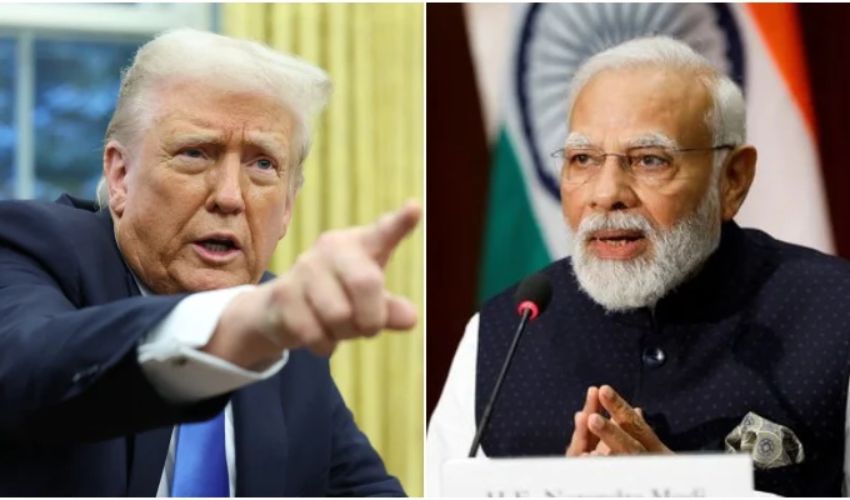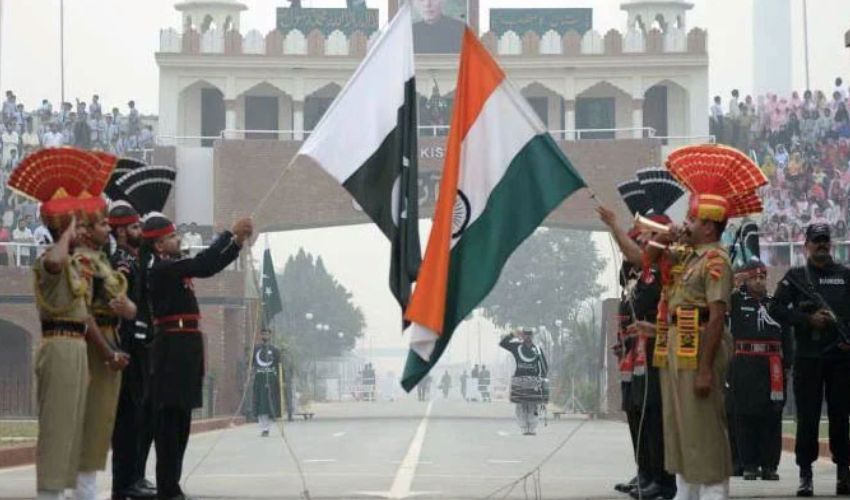The Supreme Court’s decision on the allocation of reserved seats in the Punjab Assembly has sparked controversy and confusion.
According to Clause D of Article 51, reserved seats for women and minorities are meant to be allocated only to parties that have submitted lists to the Election Commission of Pakistan (ECP).
However, the Pakistan Tehreek-e-Insaf (PTI) neither applied for nor challenged the allocation of these seats in the ECP.
PTI's primary argument was that its candidates, who had joined the Sunni Ittehad Council (SIC), were now entitled to SIC’s reserved seats. Critics argue that the Supreme Court, rather than interpreting Articles 51 and 106, effectively rewrote them.
This decision could lead to further legal complications if PTI members who joined SIC decide to rejoin PTI in the future. The relief granted to PTI was not even part of their original claim.
Typically, when the Supreme Court reviews cases under Section 185, it is limited to petitions that ascend from lower courts.
In this instance, the Supreme Court overturned the Peshawar High Court's judgment without hearing from the members of the reserved seats allocated to other parties. The 80 members mentioned in the ruling did not appear in court or claim affiliation with PTI.
This decision has been criticized for not aligning with the constitution, which places the prerogative of such matters with Parliament. It has been described as a unique and unprecedented ruling that could undermine the value of political parties contesting elections under specific symbols.
Independent candidates may now use this decision to switch parties, creating a new system that lacks a basis in law and constitution.
The ruling has raised concerns about political parties and their influence over judicial decisions, highlighting a growing trend where social media teams and political allegiances impact legal outcomes.



























